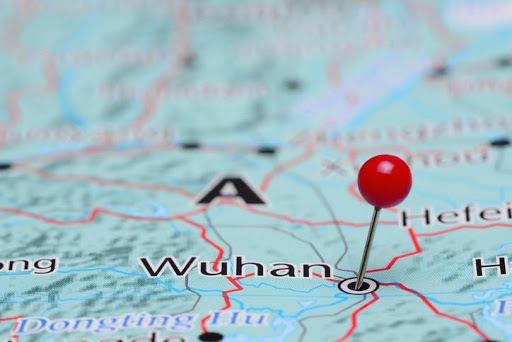Covid-19 and China: Making Things Work
March 27, 2020

The COVID-19 outbreak was first identified at the end of January 2020. Conditions in China are now gradually improving as a result of the country’s vigorous containment efforts.
What is it like to manage a supply chain under these circumstances? How does one mitigate risks that no-one had predicted? To answer this, we share the experience of our own office in Beijing.
Generally speaking, our clients want to avoid the unexpected. Our job in Beijing is to explain the unexpected if we cannot prevent it, and lift the veil of uncertainty to the extent possible.
Production
Most suppliers resumed production as of early March. To achieve this, many of them offered to pay for all or part of the cost of travel of their workers from their home base.
They implemented strict precautions to ensure the safety of their workers while producing orders for their customers. These protective measures include encouraging people to work from home to increase social distancing, when possible, much like the measures being taken in the other countries now experiencing a higher number of cases. For factory line workers, precautions also included distancing in the canteen during mealtimes, with ample space between each worker and eating side by side instead of face-to-face.
Suppliers also required that every worker wear a face mask and that they wash their hands frequently throughout the day when performing work. Further measures included professional cleaning and disinfecting of the workspace and dormitories on a regular, frequent basis.
Quality Assurance
Because of travel restrictions brought on by the coronavirus, factories have been carrying-out self-inspections on goods. Measures were implemented for factories to review and follow additional procedures as closely as possible to ensure all goods conform to clients’ standards. For example, some factories were using on-site videos and detailed photos of the quality assurance process, as needed, along with presenting detailed inspection reports and signing off on statements of quality assurance, etc.
We were also able to arrange for local, pre-qualified third-party inspectors to perform inspections based on our clients’ requirements.
This inspection process was facilitated by our PSS (Product Specification Sheet) and ISS (Inspection Specification Sheet) processes which are part of our order placement procedures and which factories had signed beforehand.
Price negotiations
Pricing is a key factor for our clients. CPG’s objective is to always keep the pricing of our clients’ vendors as stable as possible and to avoid any increases in price due to circumstances that cannot be controlled, such as the novel coronavirus. This required frequent communications and negotiations.
For new products and suppliers, pricing was negotiated through competitive interaction with multiple suppliers.
Benchmarking
Despite the challenging circumstances, this has proved to be a good time to perform price-benchmarking to gather specific and accurate information from competitive suppliers on the following:
- How pricing of certain goods is affected by the health crises
- How suppliers’ from different regions and locations were able to deal with production challenges (Such as getting their workers back and getting delivery of components).
- How quickly they could ramp up production and deliver on time.
Shipping
In order to avoid delays, members of our team have been following up with suppliers closely and often to ensure every order are produced and shipped in a timely manner and according to our clients’ timetables to the extent of the possible. Such urgent communications made a big difference.
At this time, from what we hear from factories and logistics companies, most export ports such as those located in Qingdao, Shanghai, Tianjin, and Dalian are already back to business-as-usual.
As we move forward, we will continue to communicate with our clients to provide relevant information on the ongoing progress of the China segment of their supply chain, and what can be done to minimize the risks to business brought on by the novel coronavirus health crisis.
By Christina Zhao
CPG Sourcing Specialist, Beijing, China
Edits by Jocelyn Trigueros
